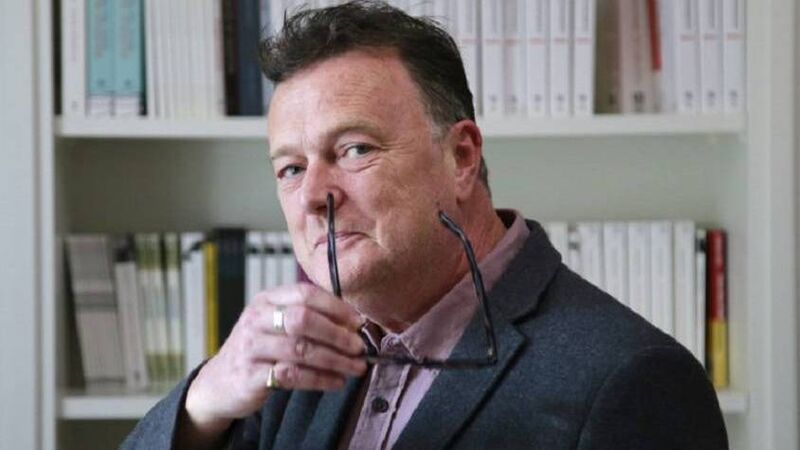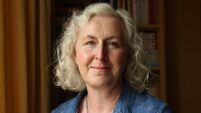Books are my business: Writer and translator Frank Wynne

Frank Wynne: 'A book cannot be communicated by taking the book and simply shifting the words into another language.' File picture: Nick Bradshaw
BOOKS & MORE
Check out our Books Hub where you will find the latest news, reviews, features, opinions and analysis on all things books from the Irish Examiner's team of specialist writers, columnists and contributors.







